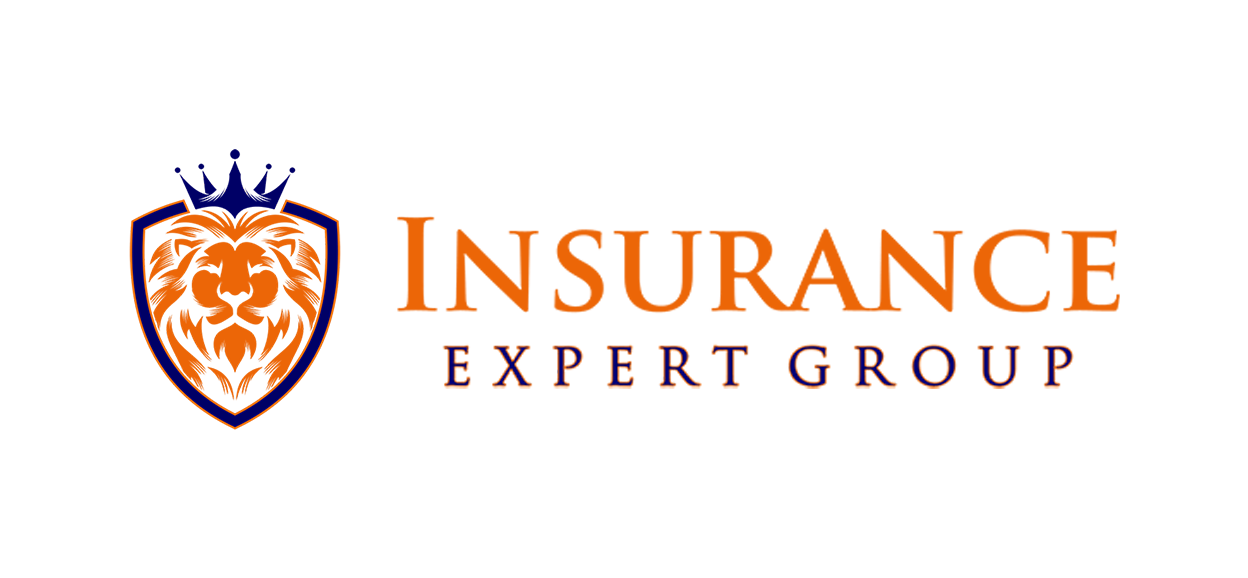
How much does
term life insurance cost?
The risk to the insurance company is lower for term life policies than for whole life policies. For this reason, you can obtain substantial amounts of coverage for less. For example, a 35-year-old nonsmoker could purchase a 20-year term policy with $250,000 of coverage for $20-$30 per month. Some policies guarantee premiums will not increase over time, but some do not.
Your life insurance company determines your premium based on the value of the policy (the death benefit) as well as factors like your age, health, and life expectancy. Some companies may require a medical exam and may consider factors like your occupation and family history.
Factors that may determine your term life insurance premium:
Your life insurance company determines your premium based on the value of the policy (the death benefit) as well as factors like your age, health, and life expectancy. Some companies may require a medical exam and may consider factors like your occupation and family history.
Factors that may determine your term life insurance premium:
- Age
- Gender
- Health history
- Family health history
- Smoking status
- Life expectancy
- Driving records
- Occupation
- Hobbies









